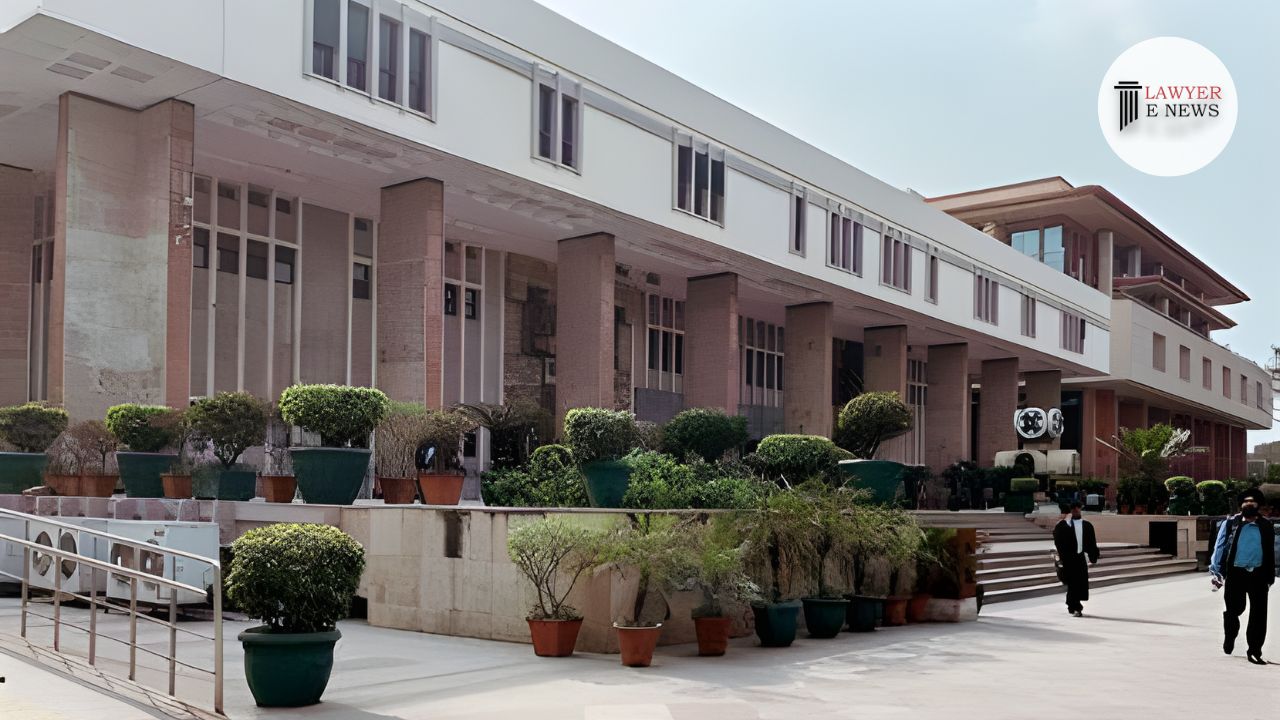-
by Admin
15 February 2026 5:01 PM



“Justice Prathiba M. Singh affirms arbitrator’s authority to rule on jurisdiction, reinforcing the ‘competence-competence’ principle in commercial disputes involving Lily Packers Private Limited.”
Delhi High Court has ruled in favor of appointing arbitrators in a series of commercial disputes involving Lily Packers Private Limited. Justice Prathiba M. Singh delivered the judgment on July 11, 2024, highlighting the principle of ‘competence-competence,’ which affirms the arbitrator’s authority to rule on their own jurisdiction. This decision marks a significant moment in the enforcement of arbitration clauses within commercial contracts.
Lily Packers Private Limited filed three separate arbitration petitions (ARB.P. 1210/2023, ARB.P. 1212/2023, and ARB.P. 1213/2023) against Vaishnavi Vijay Umak, Meetkumar Patel, and Rahul Sharma, respectively. These petitions arose from commercial disputes concerning contractual obligations. The respondents, represented by their legal counsel, contested the appointment of arbitrators, arguing various grounds related to the jurisdiction and the validity of the arbitration agreement.
Justice Prathiba M. Singh emphasized the ‘competence-competence’ principle, which allows arbitrators to decide on their jurisdiction and the validity of the arbitration agreement. “The arbitrator’s power to rule on their jurisdiction is fundamental to the arbitration process, ensuring that disputes are resolved efficiently and effectively,” Justice Singh noted.
The court examined the arbitration agreements in the contracts between Lily Packers Private Limited and the respondents. Justice Singh observed that the arbitration clauses were clear and unambiguous, mandating arbitration as the mode of dispute resolution. “The arbitration clauses in the contracts are explicit and binding, leaving no room for ambiguity regarding the parties’ intent to arbitrate,” stated Justice Singh.
Justice Singh underscored the importance of party autonomy in arbitration, highlighting that parties voluntarily agreed to the arbitration process as their chosen method of dispute resolution. “Party autonomy is a cornerstone of arbitration, and the courts must respect the parties’ decision to resolve their disputes through arbitration,” the judgment affirmed.
Justice Prathiba M. Singh remarked, “The competence of the arbitrator to rule on their jurisdiction is a well-established principle in arbitration law, which ensures that the arbitral process is not unduly delayed by preliminary objections.”
The Delhi High Court’s decision to uphold the appointment of arbitrators in these commercial disputes reinforces the principle of ‘competence-competence’ and the validity of arbitration agreements. This judgment reaffirms the judiciary’s commitment to supporting arbitration as an efficient means of dispute resolution, respecting party autonomy, and ensuring that commercial disputes are resolved without undue delay. The ruling is expected to have a significant impact on future arbitration proceedings, promoting confidence in the arbitration process among commercial entities.
Date of Decision: 11th July, 2024
Lily Packers Private Limited vs. Vaishnavi Vijay Umak, Meetkumar Patel, and Rahul Sharma
